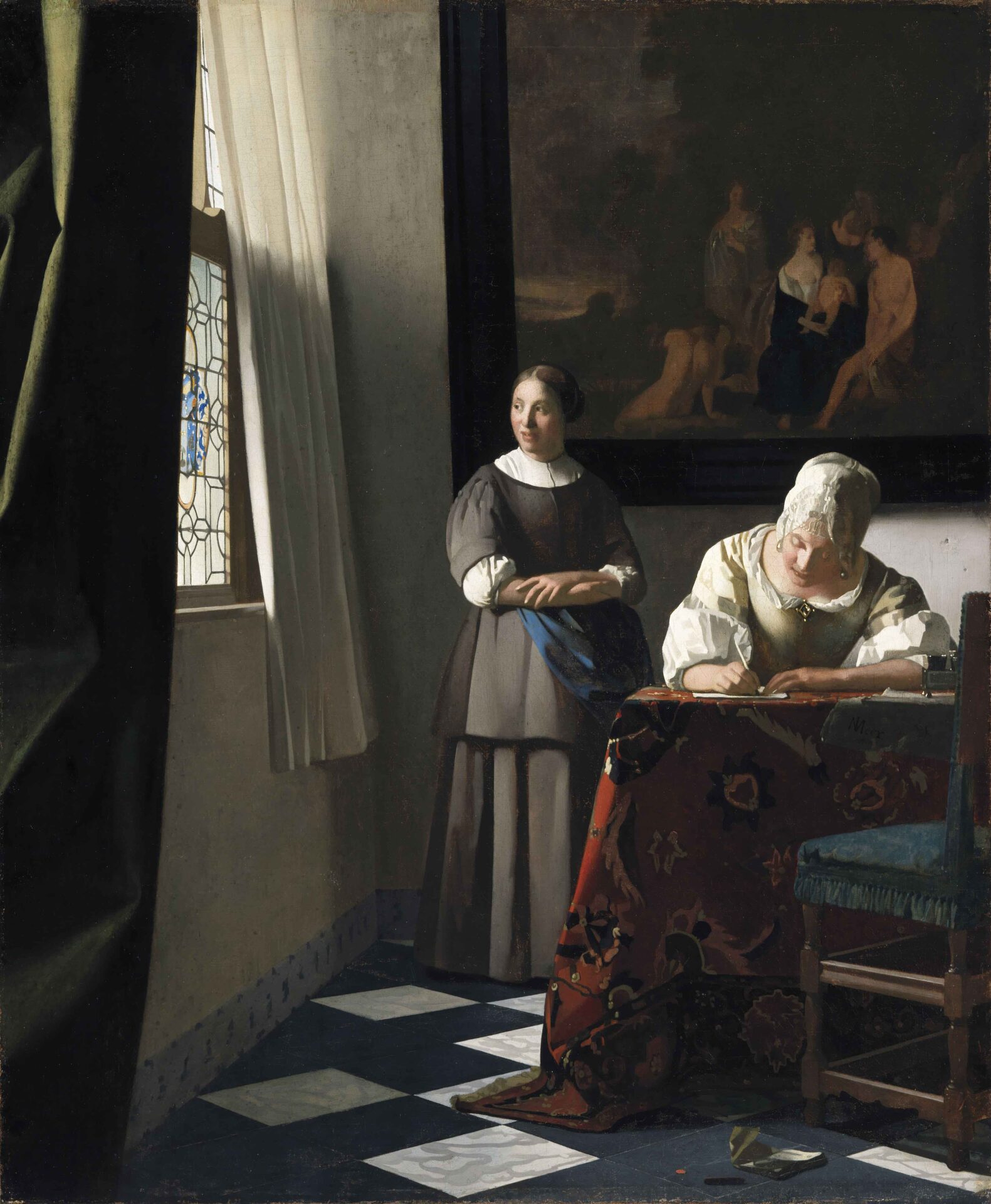5 March, 2021 – ‘Communism’ (available here) Facilitator(s) for this session: Yash Lad and Steve Bachelor.
This essay is a great continuation from our discussion about modes of production from the last reading group. In it, David does a few things:
- Clear a path to rescue “communism” from its conceptual muddiness and redeem it as a tool for social transformation as well as social analysis,
- Distinguish Mythic or ‘big C’ Communism, which is a wayyy older and religiously charged mode of imagining utopian/messianic visions of society than we’re told, from
- Everyday or ‘small c’ communism, which is a baseline sociality, i.e. a way of socialising with our fellow humans, and is present in all societies (all we need to do is look for it).
By doing so, David also shines light on how Communism and communism relate to each other: the one is just one of many ways of organizing the other. Everyday communism is less an organizing principle and more a generative one. Society can exist without Communism, but there would be no society without communism.
At the very least, the essay is important because it reminds us of how ideologically charged our conventional understanding of communism is: David reminds us of the (sadly) surprising fact that even so-called Communist states such as the USSR never saw themselves as Communist! Just as important, he also mentions the inherent pleasure of communistic relations (perhaps foreseeing his later essay on play as another organising principle).
To get you thinking about all this, we have a fully optional list of questions you can think about ahead of the reading group:
- When was the last time you experienced everyday, small-c communism? Before reading this essay, did you already refer to it with another word or metaphor?
- Do you think there’s still something of value in Mythic Communism, or has its association with places such as China or the USSR made it beyond redemption?
- What’s your take on utopia? Do we truly have to transcend all social divisions (such as people vs. property, capital vs. labour, nature vs. culture) to enter utopia?
Clearly, there’s a lot to unpack, so we hope to see you next Friday for a fun, communistic reading group!

